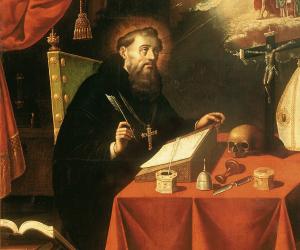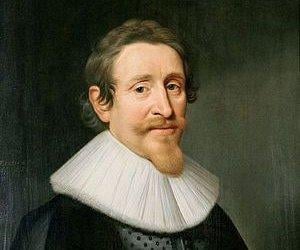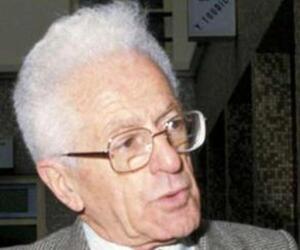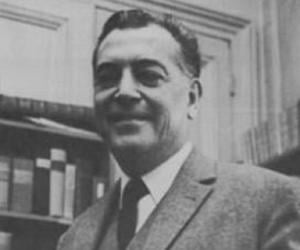1
St. Augustine
(Theologian, Philosopher and One of the Most Important Church Fathers of the Latin Church in the Patristic Period.)
Birthdate: November 13, 0354
Sun Sign: Scorpio
Birthplace: Thagaste
Died: August 28, 0430
Saint Augustine of Hippo was a theologian, philosopher, and bishop of Hippo Regius in Roman North Africa. His influential writings shaped Western philosophy and Christianity, establishing him as a key Church Father in the Patristic Period. Augustine's works, such as The City of God and Confessions, explored theology and philosophy, contributing to the development of doctrines like original sin and just war theory. He emphasized the importance of Christ's grace, envisioned the Church as a spiritual City of God, and continues to be revered in various Christian traditions.








